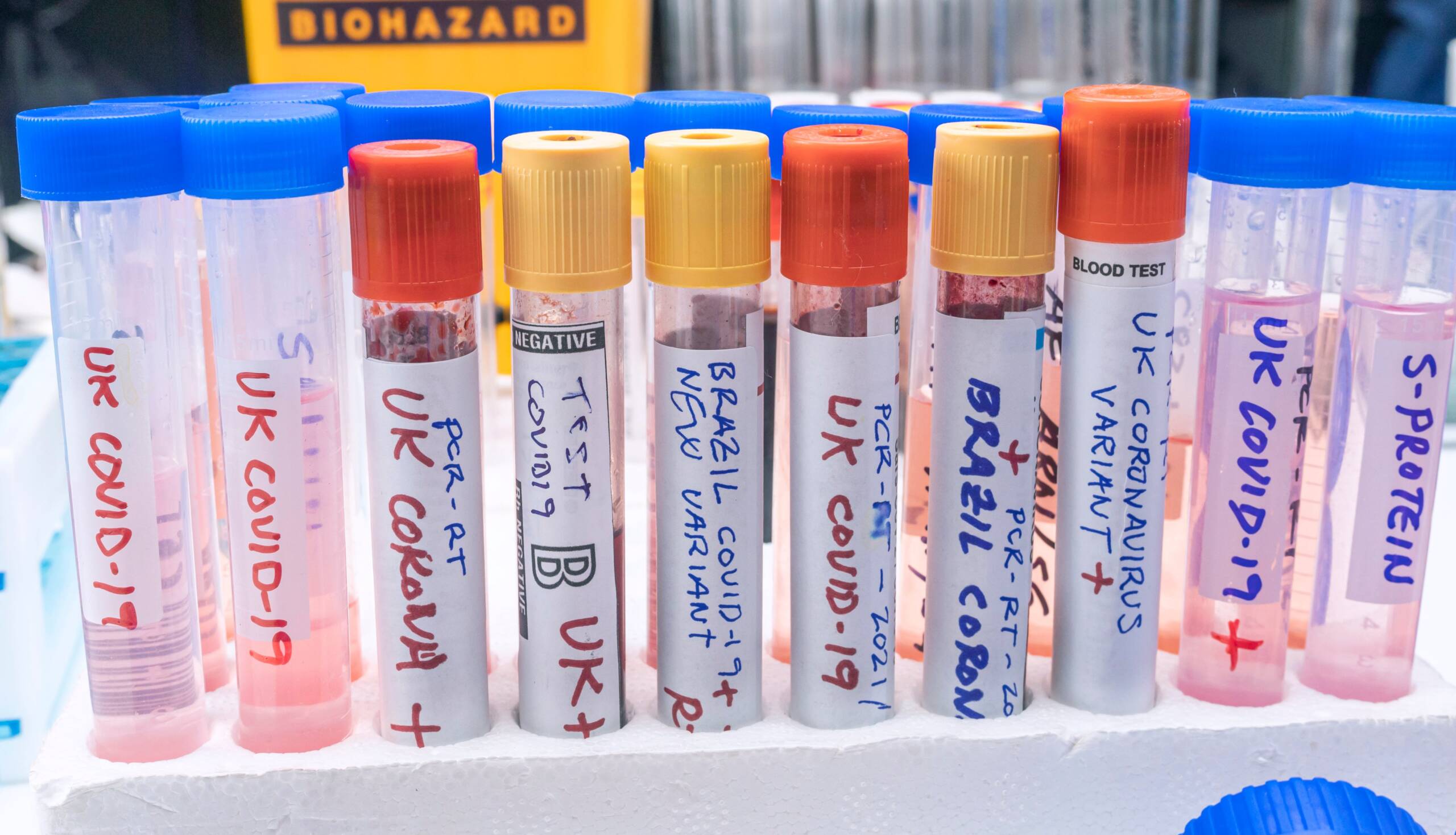
 As vaccination rates climb for COVID-19 and daily life for many returns to a semblance of normalcy, it is safe to say that scientists and health experts across the globe are anticipating what is next.
As vaccination rates climb for COVID-19 and daily life for many returns to a semblance of normalcy, it is safe to say that scientists and health experts across the globe are anticipating what is next.
Among those on the forefront of that research is Jeffrey Engel, M.D., a Senior Advisor to the COVID-19 response at the Council of State and Territorial Epidemiologists (CSTE). Dr. Engel, who formerly served as CSTE’s Executive Director for eight years, spoke with Manchester Ink Link recently on a broad range of COVID-19 topics and issues.
So, what about those variants?
Dr. Engel, who did an outstanding job of breaking down complex content into more easily understood nuggets for this columnist, explained that variants are caused when a virus mutates from a “parent strain” into something else. This is hardly unique to COVID-19 and Dr. Engel noted that many variants don’t survive, yet others, such as the UK variant first discovered late last year, emerge. While the science continues to evolve, it does appear that the UK variant can also cause more severe illness.
“But while there can be a risk of increased transmission from those who contract the variant to others, the vaccines are an effective defense,” he said.
Thank you Modera, Pfizer, and Johnson and Johnson.

According to the Centers for Disease Control and Prevention (CDC), the UK variant has four primary siblings. Two were discovered in California and one each in Brazil and South Africa. As one might imagine, countries with fewer people vaccinated could see faster spreads, which would lead to more hospitalizations and deaths.
Among his many insights was Dr. Engel’s sobering assessment that COVID-19 was here to stay, and that the virus was likely already in the U.S. in December of 2019.
“We’re just not going to get to zero, this will likely be a permanent part of the human condition,” he said. Conversely, he sees that further study will lead to improved treatments on the horizon. “Remdesivier is a proven and effective treatment but as time goes on, I believe we need more options and will see others.”
In terms of the virus itself, “it could very well approach the status of the seasonal flu,” he said, adding that the US could likely see the widespread availability of booster shots by fall. This will be part of the challenge going forward for medicine and science to keep pace with, ideally ahead of, the next generation of variants.
Dr. Engel, who had planned to retire last year but instead stayed on to help with the COVID-19 response, felt that there were some valuable lessons learned that not only position health care providers better to treat the virus in the short term, but diagnose it faster going forward. “Point of care lab testing (the kind one gets at a doctor’s office, walk-in clinic or pharmacy) has really emerged. At the outset of the pandemic, there wasn’t enough investment in that. There is now.”
Columnist’s note:
So how are you feeling about the pandemic these days? Manchester Ink Link will continue to follow this issue and invites reader feedback, comments, and questions. Please email me – Chrisdugan@manchesterinklink.com
Perhaps like some of you, I had previously not heard of the Council of State and Territorial Epidemiologists and the critical role they play in public health.
Learn more at: https://www.cste.org/
